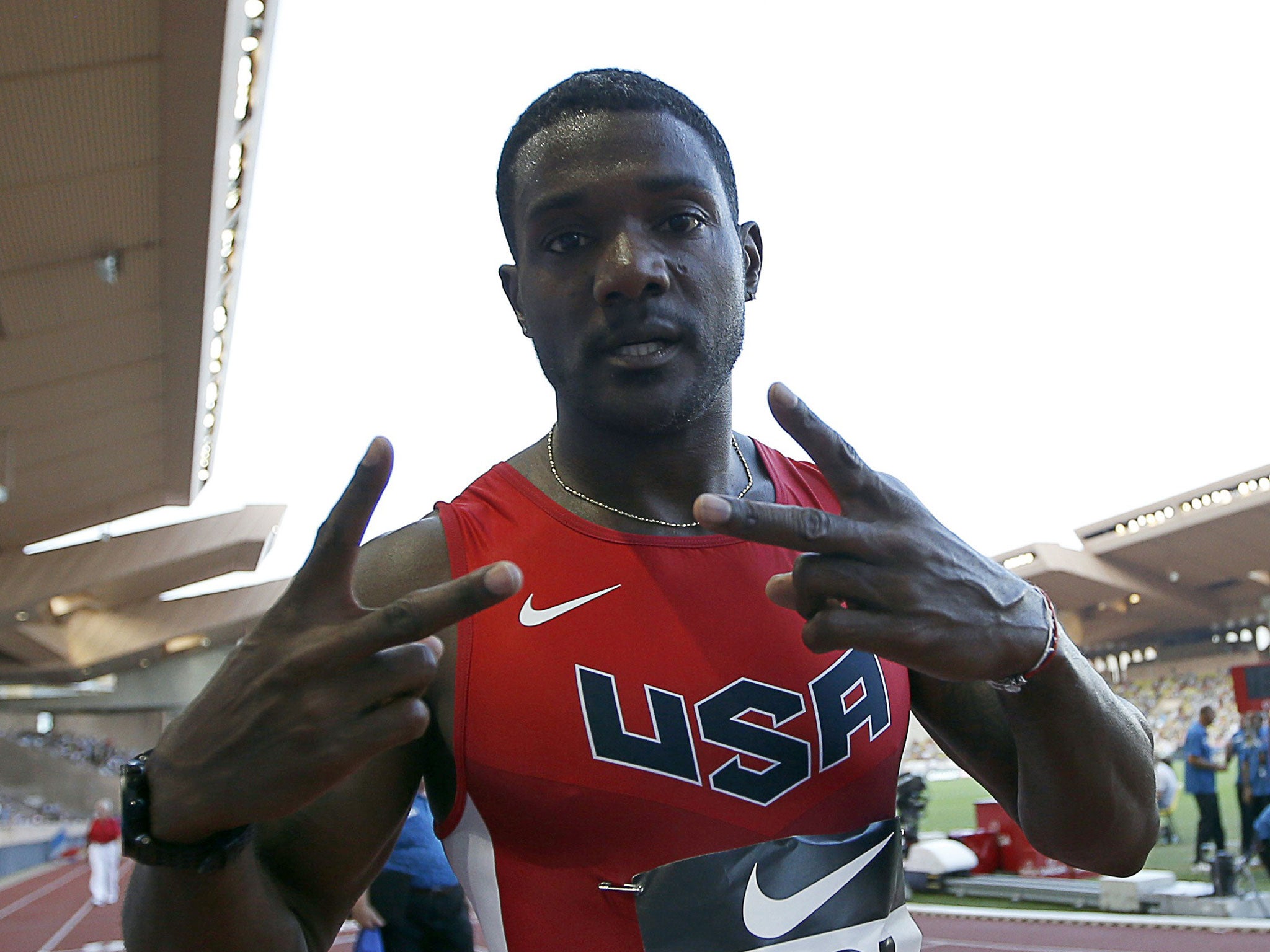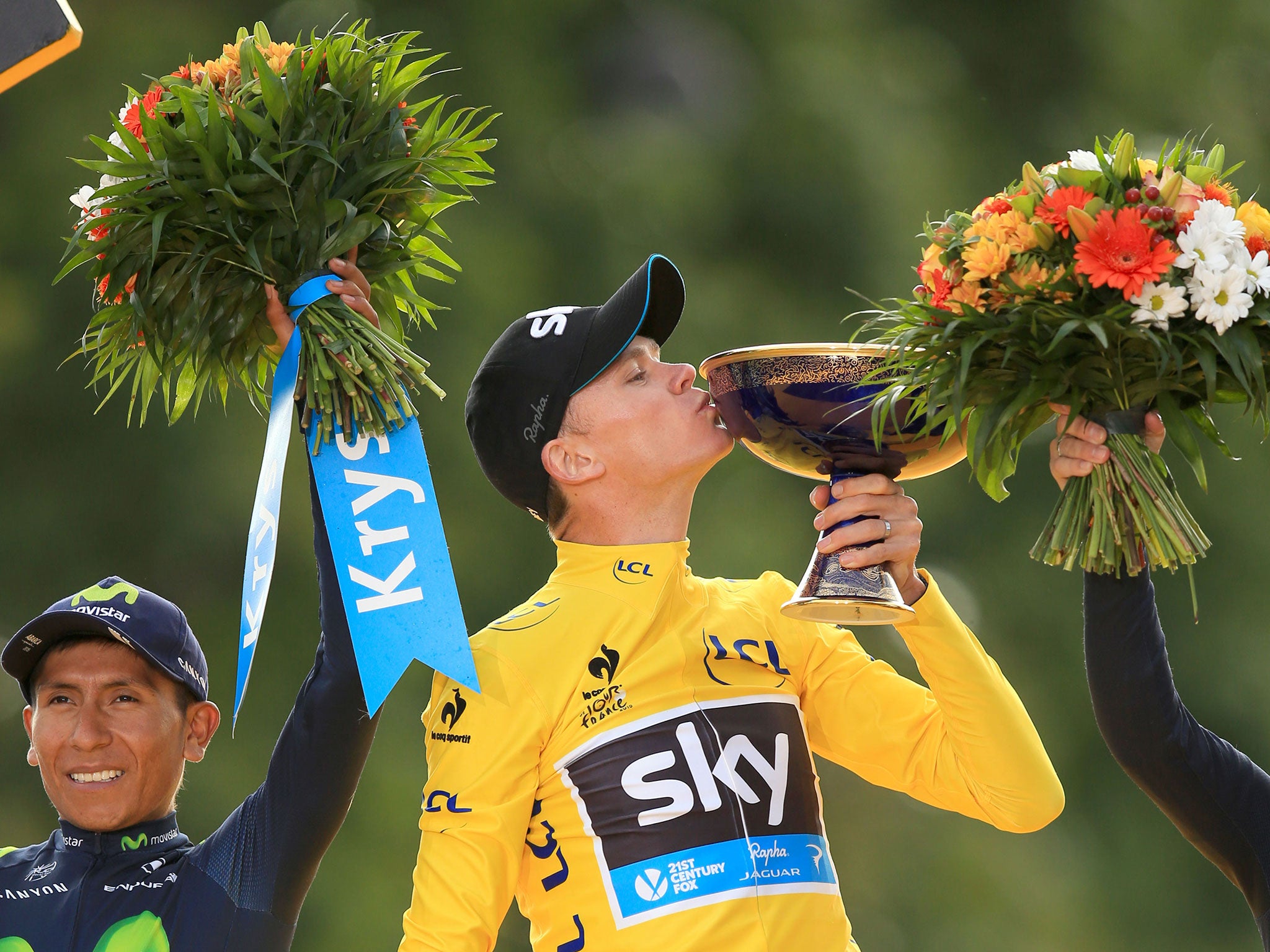Tour de France 2015: Drug bans should be for life – or we might as well give everyone keys to the dispensary
Froome was lucky. In another epoch he would have been strapped to a stool and dunked in the river

What is a win worth when taken with a cup of cold piss? Even in victory there is defeat. Chris Froome’s triumphant ride to Paris to claim a second Tour de France, unfairly contaminated as it was by years of doubt and suspicion, turns the yellow jersey radioactive.
All those hours pounding French asphalt, grinding out the kilometres with legs screaming hellfire, the harrowing climbs, the mad descents, and for what? To have some moron douse you in bladder wash while crying foul?
There is not a trace of evidence that might smear Froome, yet here he is in the aftermath of victory carrying the chamber pot for cycling’s past misdemeanours. So deep was – or is, according to an independent report earlier this year – the doping culture in this sport it might never be erased, trust never restored.
The issue is not one of a bitter French media processing years of national failure or of cynical ex-pros in the press peloton casting knowing glances, but of the bloke in the bar who stands, pint in hand, wondering if Froome is today’s Lance Armstrong, spewing innocence from atop the iceberg with the force of an Alabama preacherman hailing the second coming of Jesus Christ.
And who can blame him, when the Cycling Independent Reform Commission publishes a damning report in March, claiming the peloton is still busy with drug subterfuge, exploring with astonishing ingenuity every possibility to gain an illegal edge? The survey, commissioned at a cost of £3m by the new UCI president, Brian Cookson, took 13 months to compile and canvassed the opinion of 174 connected individuals, including Froome.
It concluded that the micro-management of “biological passports”, or unique blood records, was widespread. In other words the use of tiny doping infractions to avoid huge spikes was a well-developed practice, enabling riders to indulge the EPO habit in the evening without testing positive the following morning.

Froome has never been implicated in the practice, has spoken out against it, and his team is predicated on clean racing. And in that spirit Dave Brailsford walked out of the Sky Froomemobile brandishing the racing telemetry of his champion rider. And it did not make an iota of difference.
The numbers always add up. It is belief in them that counts. The urine-chucker is not concerned with rational arguments about power output or truth. History tells us with bloody certitude how often truth comes a poor second to prejudice.
And so we witnessed the justice system of the Middle Ages playing out, a rider guilty until proven innocent by his racing notes. Froome was lucky. In another epoch he would have been strapped to a stool and dunked in the river.
Across the Channel in the English capital on Friday night, Usain Bolt Froomed the 100 metres field on his return to the Olympic Stadium. Beforehand, he talked of the need to wipe the stain from a discipline mired in doping controversy. The fastest time this year is owned by one Justin Gatlin, whose association with narcotic violations is such that you might imagine his given names are Drugs Cheat Justin.
Gatlin and his ilk have brought not only themselves down with their infernal lies but the whole athletics community. The great Usain, cleaner than a whistle by any known measure, is tainted like Froome by association. Poor Mo Farah has had a summer of it, convulsing under the weight of innuendo following allegations surrounding the working practices of his coach Alberto Salazar at the Oregon athletics lab. “They are all at it,” goes the bar-stool refrain.
There are two solutions to this appalling drug dilemma. If it is seen as desirable to hang on to the Corinthian ideal, to view sport as a contest between unadulterated foes, then zero tolerance has to mean exactly that. Off with their heads. Any caught using drugs to gain a competitive advantage must be banned for life. The sanction must be weighty enough to kick temptation in the groin.
Alternatively we open the doors of the dispensary to all, recalibrate our ideas of what sport means and get on with it. There would be an equalisation of use and product, and presumably a winner identified. And we would do away with one of the lesser acknowledged negatives of drug conviction, the wholesale lack of recognition for the toil and effort still expended by the user.
Drugs alone did not propel Gatlin below 10 seconds or Armstrong up the 21 hairpins of Alpe d’Huez. They made the fractional difference, of course, but if Joe Bloggs were to reach for the keys to the medicine cupboard, he would not be winning Olympic gold or the Tour de France.
And that is the terrible legacy wrought by drugs. They not only discredit achievement, they obliterate the men the cheaters were before they chose to trade with the devil, a trade they cannot undo.
Join our commenting forum
Join thought-provoking conversations, follow other Independent readers and see their replies
Comments